Imagine coming home after a long day, eager to cuddle your cat, only to find them curled up in the same sun-drenched corner, barely acknowledging your presence. If you’ve ever wondered why your feline friend seems to favor their favorite room over spending time with you, you’re not alone. This puzzling behavior can be both amusing and a little bit heartbreaking. Let’s dive deep into the mysterious world of cats and uncover the fascinating reasons behind their room loyalty.
The Comfort of Familiar Territory

Cats are creatures of habit, and their attachment to a particular room is often rooted in familiarity. Unlike humans, who might crave novelty, cats thrive on routine and the predictability of their environment. Their favorite room offers a sense of security, almost like their personal sanctuary. Every nook, scent, and shadow is memorized, making the space feel safe and controlled. This deep-rooted need for territory is a survival instinct inherited from their wild ancestors. When a cat feels in control of their surroundings, they can relax completely. The comfort of a well-known room often trumps even the allure of their favorite human.
Scent and Sensory Security
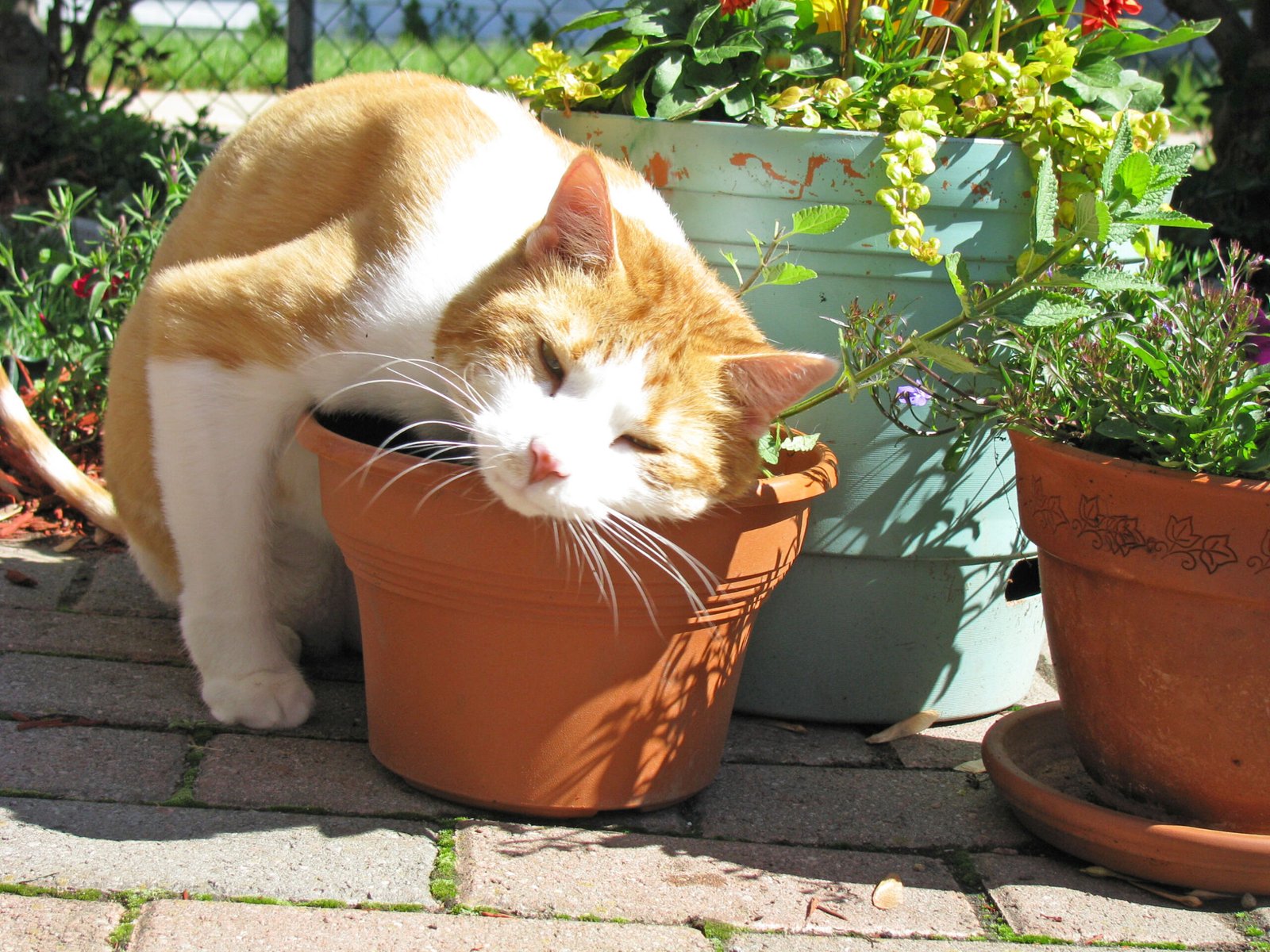
A cat’s sense of smell is far superior to ours, and their favorite room is often saturated with their own scent. This isn’t just about marking territory—it’s about creating a sensory blanket that reassures them. Scent glands in their cheeks, paws, and forehead leave behind comforting chemical signals. Every time your cat rubs against furniture or rolls on the rug, they’re reinforcing their connection to the space. This invisible world of smells is a powerful draw, offering a level of comfort and reassurance that even the most loving human can’t replicate. It’s like the feline version of a weighted blanket.
The Magic of Sunbeams and Cozy Nooks

Have you ever noticed how your cat is drawn to the one spot in the house where the sunlight streams in? Warmth is irresistible to cats, and their favorite room almost always features a cozy spot for basking. Sunbeams, soft blankets, or even a well-placed radiator can turn an ordinary room into a feline paradise. These warm spots help regulate their body temperature and provide a soothing environment for lounging. It’s not that your cat doesn’t love you—it’s just that a sunlit window ledge is sometimes even more enticing.
Escape from Overstimulation
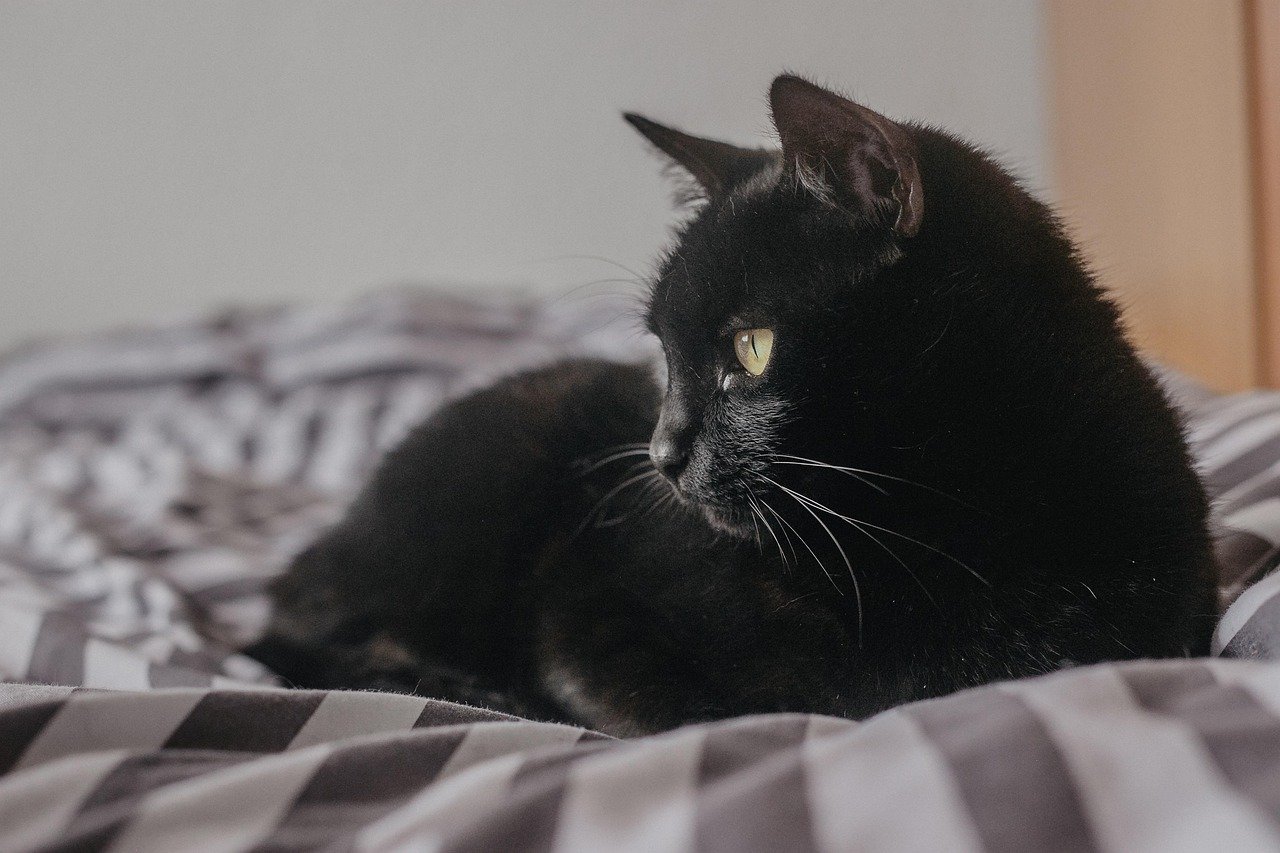
Life can be overwhelming, even for cats. A busy household, noisy children, or other pets can create an atmosphere of chaos. Their favorite room often serves as a retreat from overstimulation. In this quiet hideaway, your cat can decompress, nap, and observe without being disturbed. Think of it as their personal spa day, every day. This alone time is crucial for their mental health, helping them recharge and face the world on their own terms.
The Power of Routine and Predictability
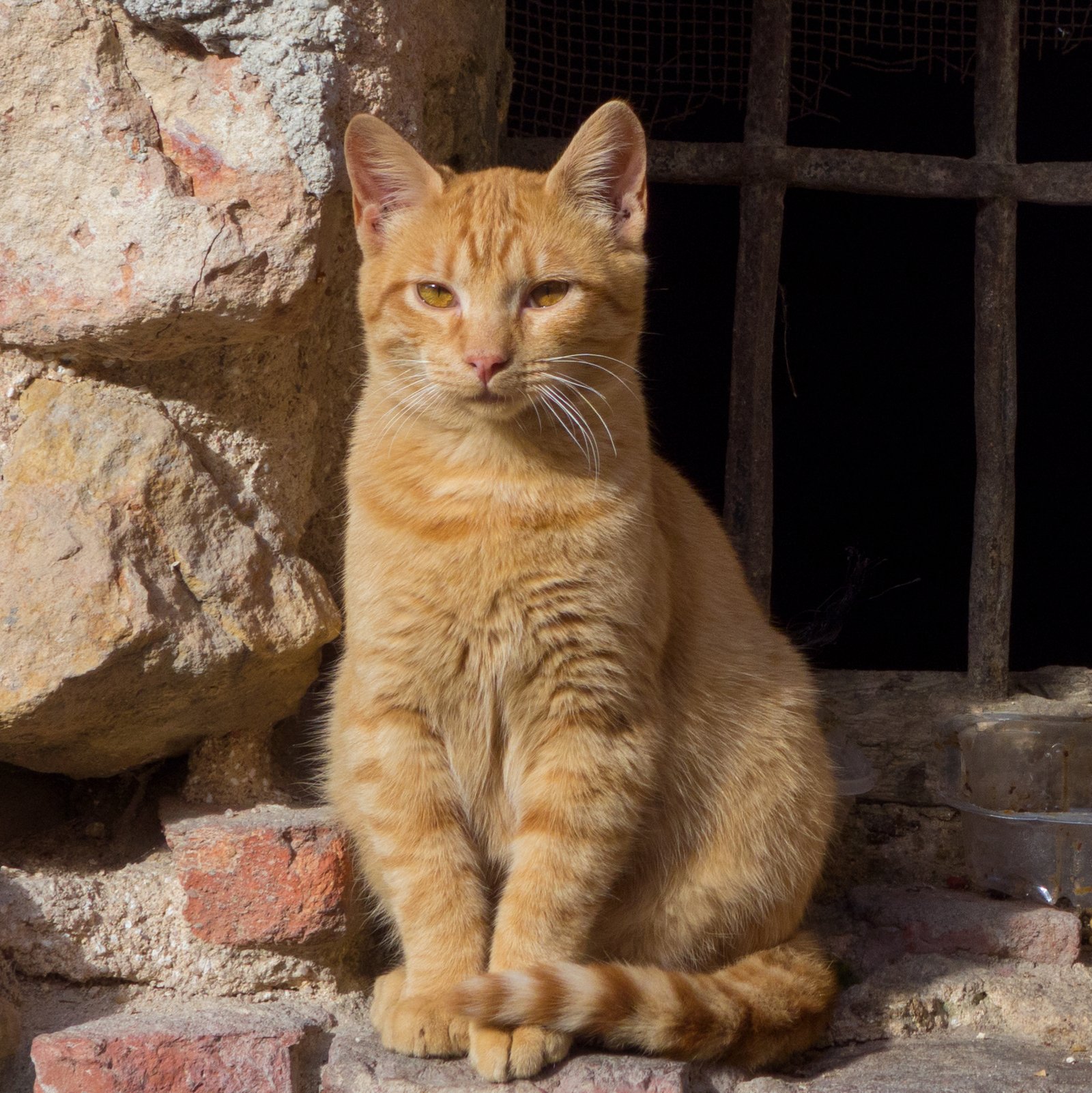
Cats adore routine—sometimes even more than affection. Their favorite room is typically the place where their daily rituals unfold, from grooming to nap schedules. These predictable patterns create a sense of stability, which is vital for a cat’s emotional well-being. In contrast, humans can be unpredictable. We might move furniture, invite guests, or even pick them up when they just want to nap. The room, however, stays the same, offering a reliable haven in a world full of surprises.
Safe Zones and Escape Routes
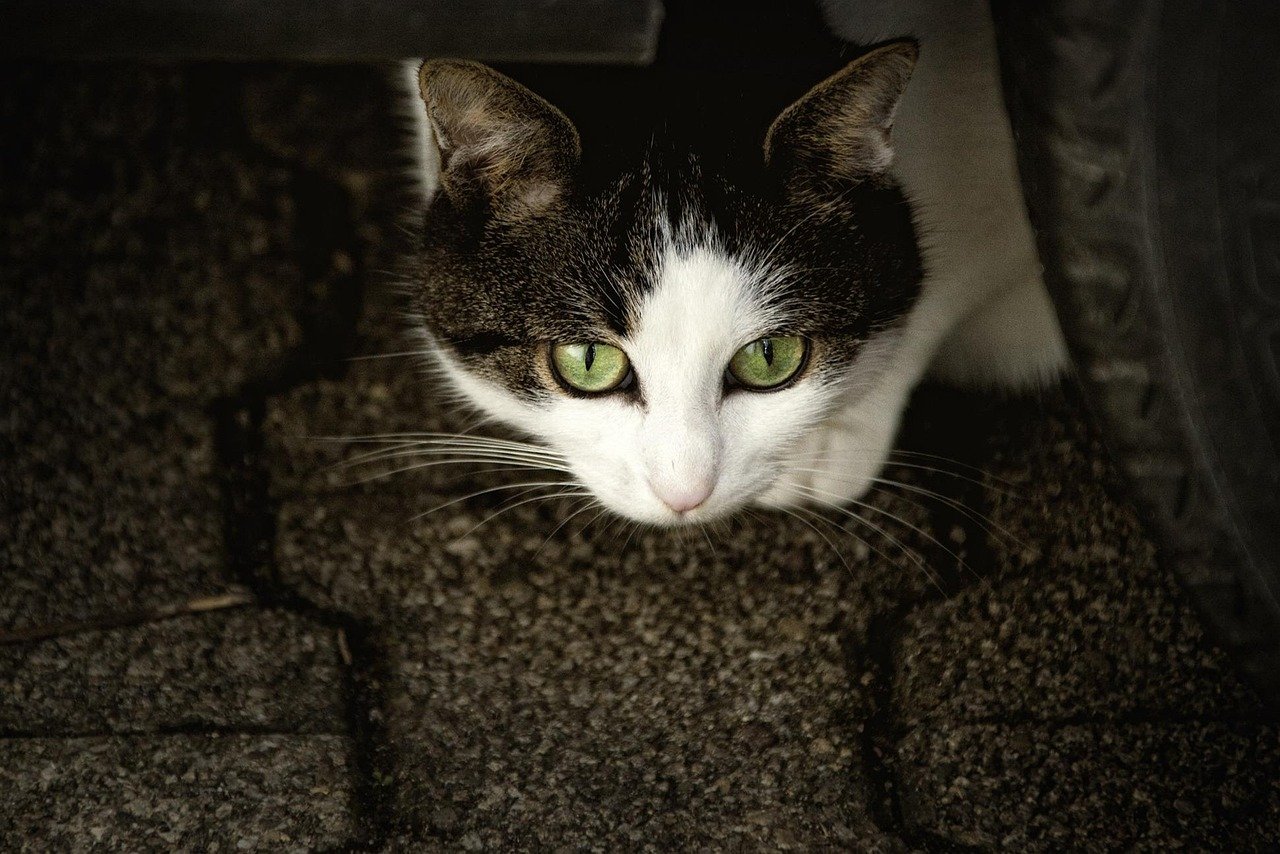
Safety is a top priority for every cat. Their favorite room is often chosen because it offers multiple escape routes or hiding spots. Whether it’s under the bed, behind the curtains, or atop a tall shelf, these spaces allow cats to quickly retreat if they feel threatened. This strategic selection echoes their wild instincts, where survival depended on quick escapes from predators. While you may see a cozy bedroom, your cat sees a fortress designed for maximum security.
The Influence of Early Experiences
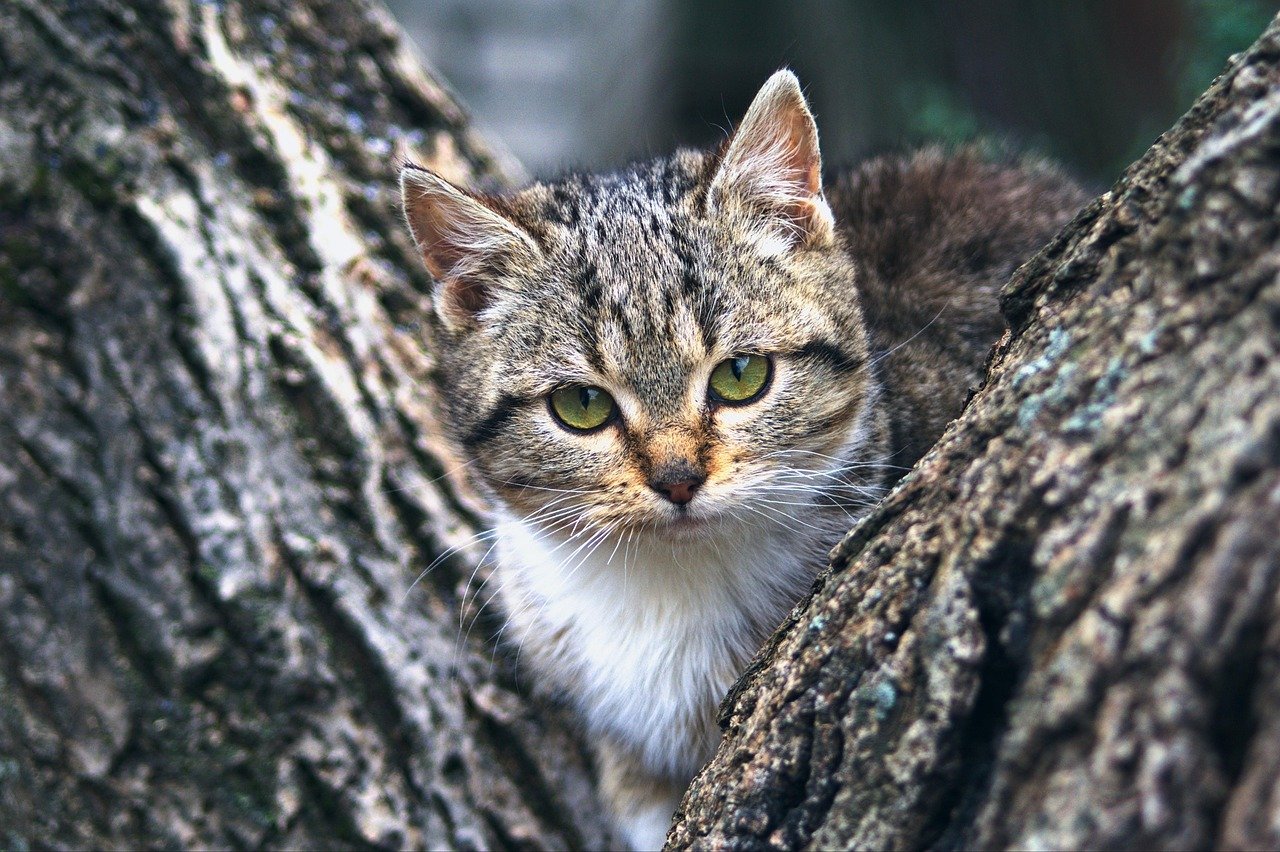
Cats are shaped by their early environments. If a particular room was where they first felt safe as a kitten, it will likely remain their preferred place for years. These formative experiences create lasting associations, making some rooms feel like home more than others. Positive memories—like a first nap in a sunbeam or playtime with a favorite toy—cement these preferences. Humans come and go, but the emotional ties to a room can last a lifetime.
Personal Space and Independence

Cats are famously independent creatures. Unlike dogs, who often crave constant human companionship, cats value their personal space. Their favorite room allows them to indulge in solitude whenever they desire. This autonomy is a core part of their personality. By choosing a room over a person, your cat isn’t snubbing you—they’re simply asserting their need for independence, a trait that has endeared them to cat lovers for centuries.
Temperature and Environment Control
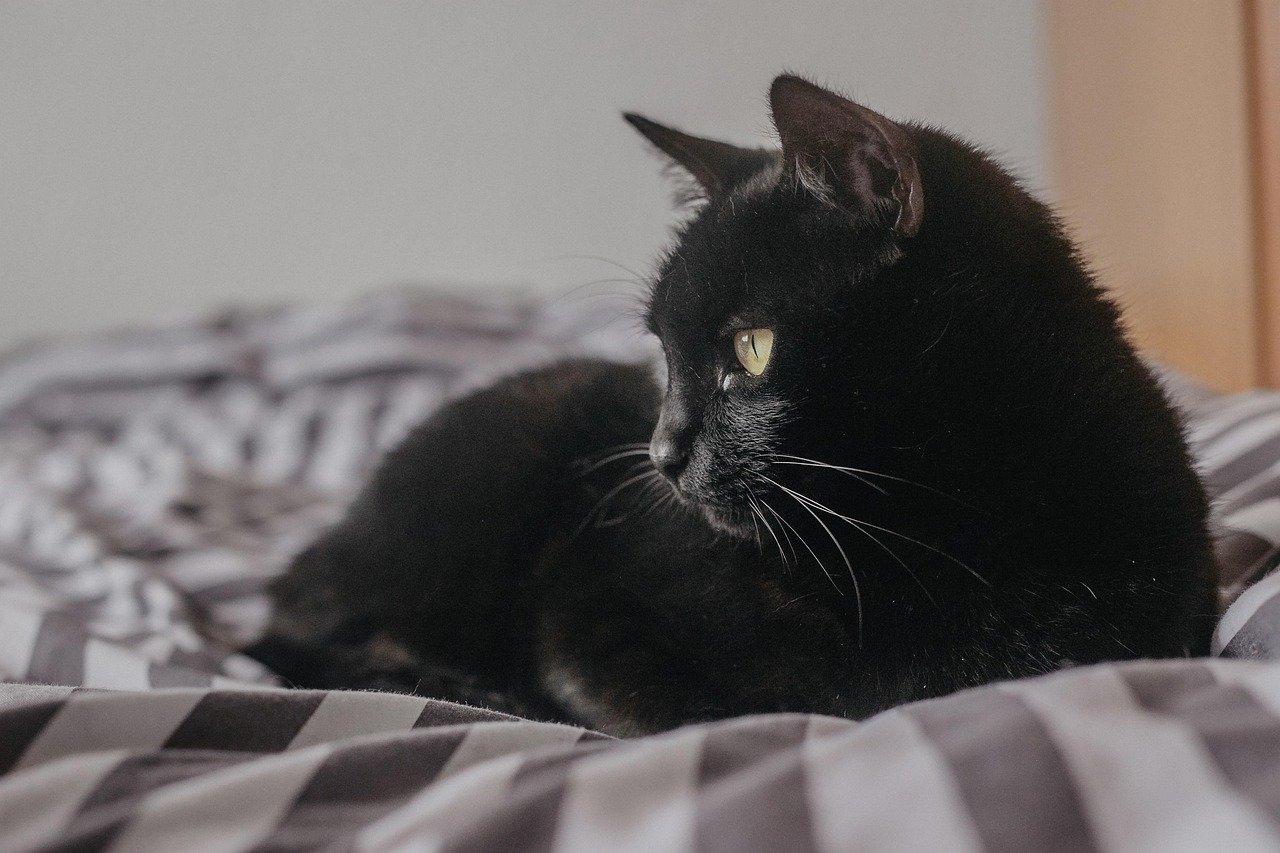
Environmental factors play a huge role in a cat’s room preference. Cats are experts at finding the perfect microclimate. One room might be cooler in the summer or warmer in the winter, making it the ideal spot for comfort. Draft-free zones, access to fresh air, or the hum of a nearby appliance can all contribute to their decision. While you can offer love and attention, you can’t always compete with the perfect temperature.
Reduced Competition and Stress
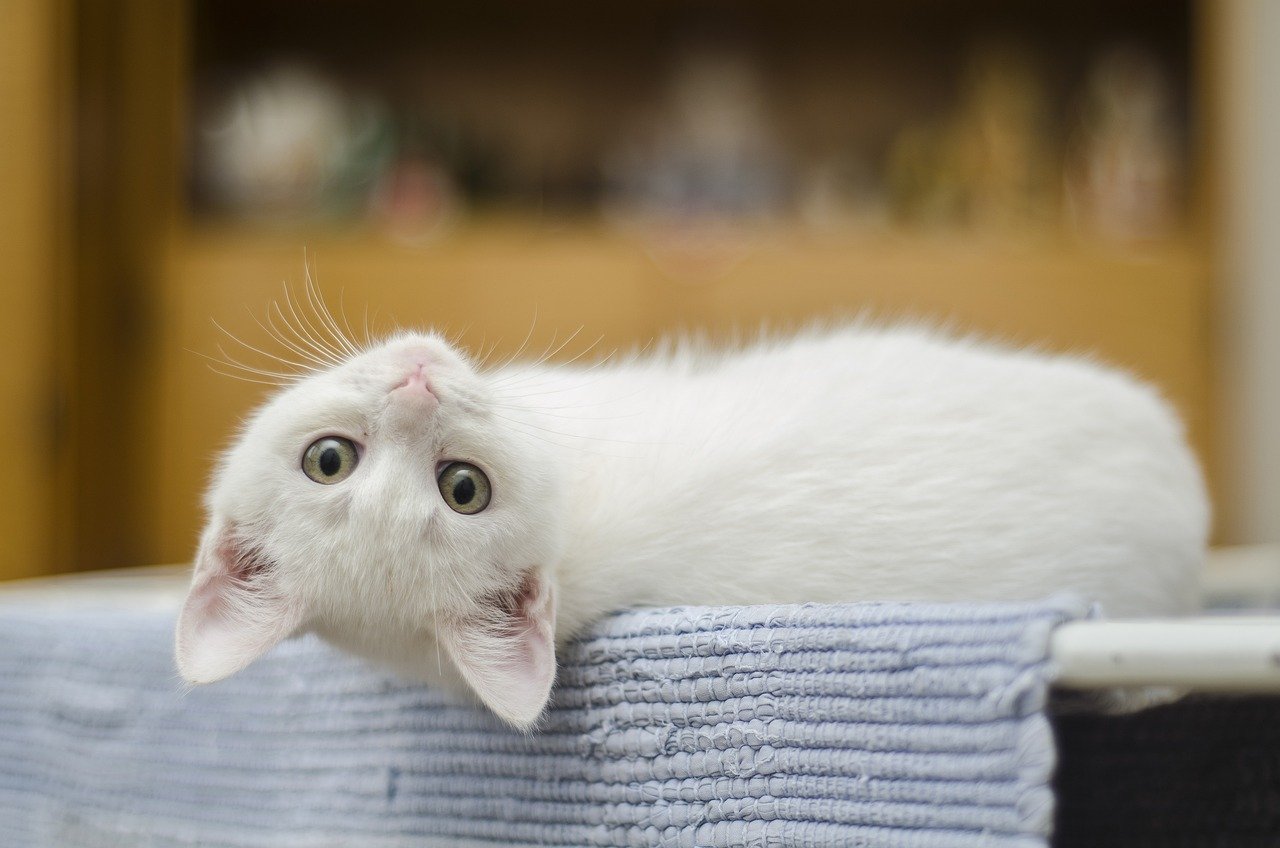
If you have multiple pets, your cat’s favorite room may be the only place they don’t have to share. This space becomes a stress-free zone, free from the pressures of sharing food, territory, or your attention. The absence of competition allows them to truly relax. In crowded homes, this personal territory is especially important for their happiness and mental health.
Height and Vertical Space
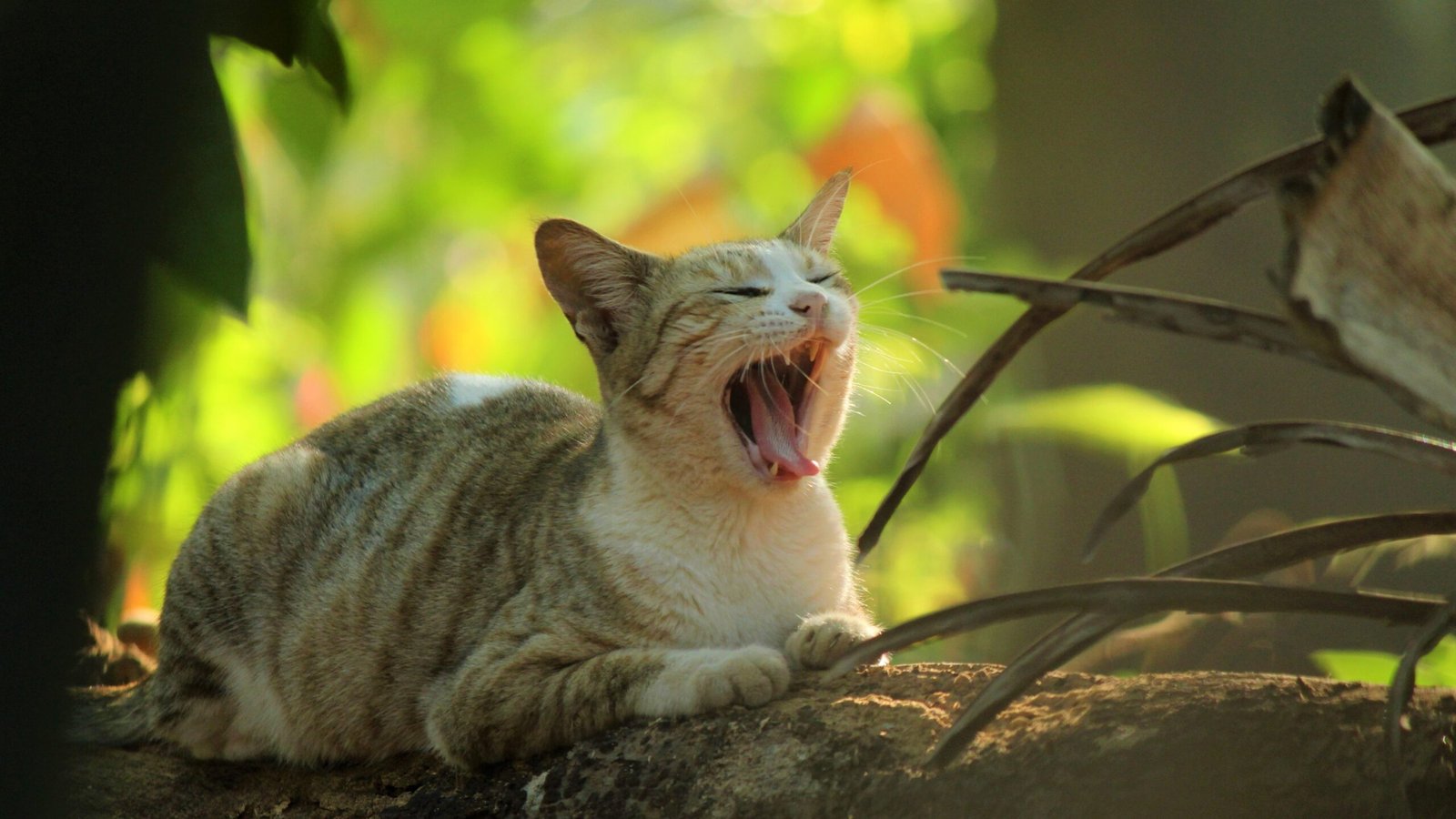
Cats love to perch up high, surveying their kingdom from a safe distance. Rooms with tall furniture, shelves, or window ledges are cat magnets. Vertical space provides both entertainment and security, giving them a sense of control over their environment. It’s not personal—they just enjoy feeling like royalty on their elevated thrones. Your lap is great, but a high perch is better.
Windows and the View Outside
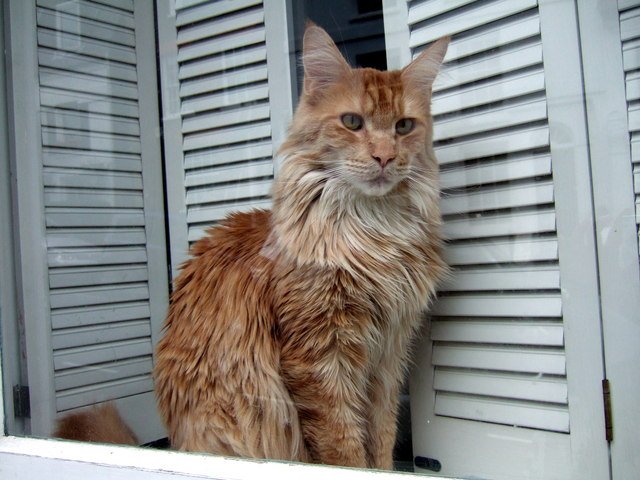
A room with a view can be endlessly fascinating for cats. Watching birds, squirrels, or passersby is like live TV for them. The stimulation of the outside world keeps them entertained for hours. This mental engagement is hard to beat, even by the most devoted pet parent. If their favorite room has a window, it’s easy to see why they choose it over human company.
Peace and Quiet
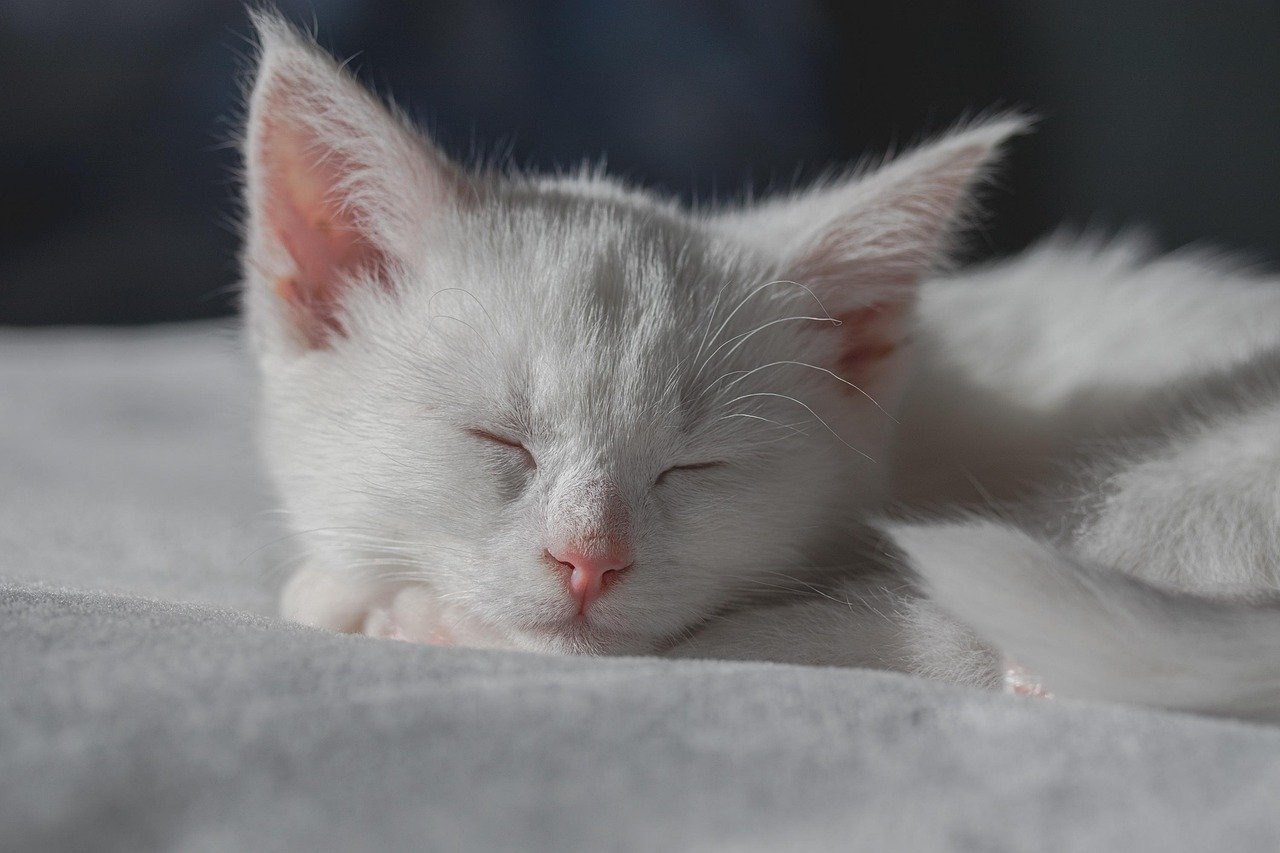
Some rooms are simply quieter than others. Cats are sensitive to noise—loud TVs, washing machines, or conversations can send them running for cover. Their favorite room is often the quietest in the house, offering them a tranquil retreat from the hustle and bustle. This preference for peace is a natural way to reduce stress and promote restful sleep.
The Allure of Hidden Treasures
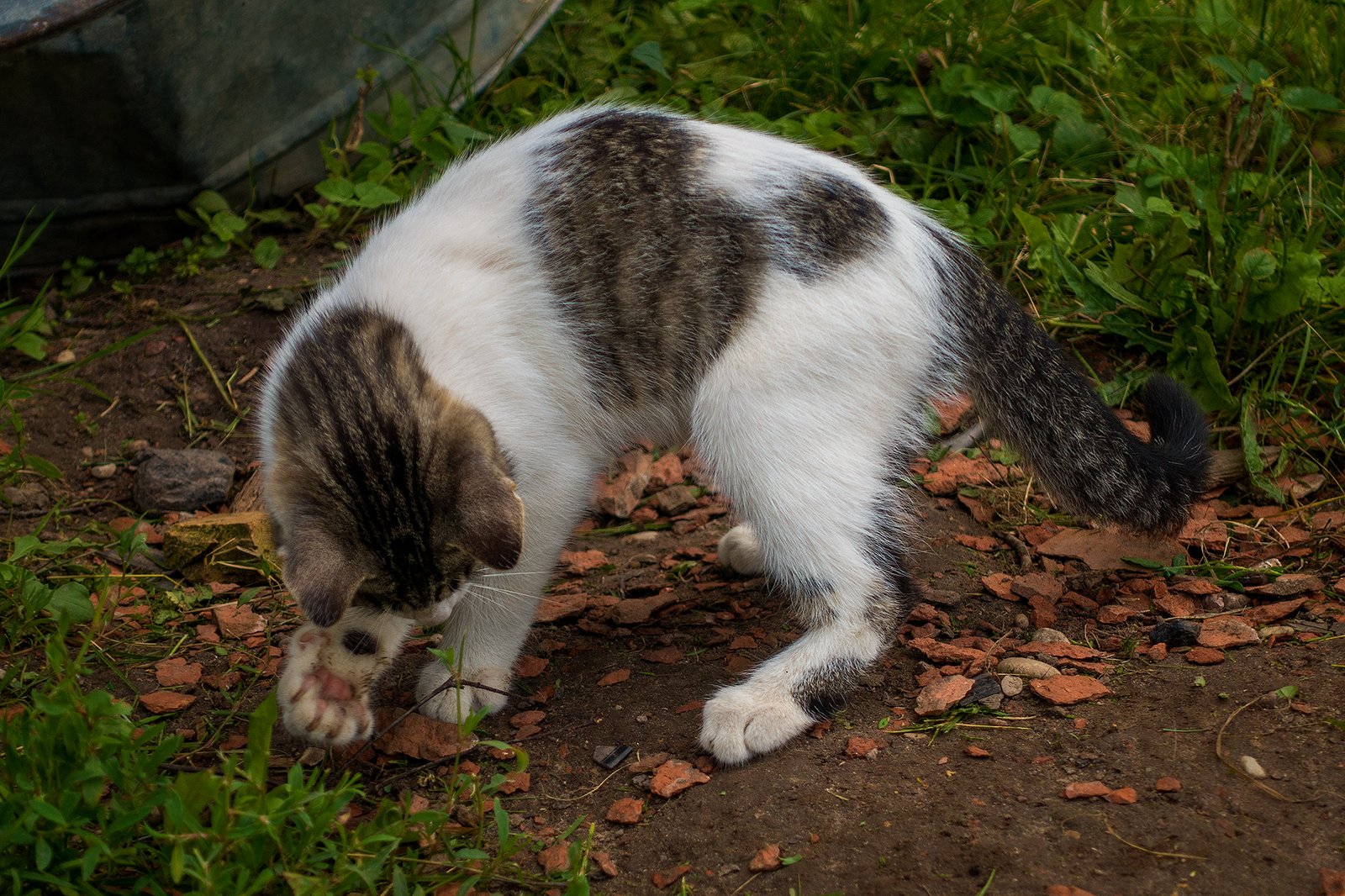
From lost toys under the couch to mysterious scents in the carpet, a favorite room can be a treasure trove for a curious cat. Exploring these little mysteries keeps them engaged and satisfied. The promise of discovery is a powerful motivator, and it’s no wonder they choose these rooms over spending time with you. Sometimes, the thrill of the hunt is just too tempting.
Positive Reinforcement and Rewards

If your cat receives treats, playtime, or cuddles in a particular room, they’ll quickly associate it with good things. This positive reinforcement strengthens their attachment to the space. Over time, the room becomes more than just a physical place—it’s a source of happiness and comfort. While you may be the giver of treats, the room is where the magic happens.
Health and Wellness Needs
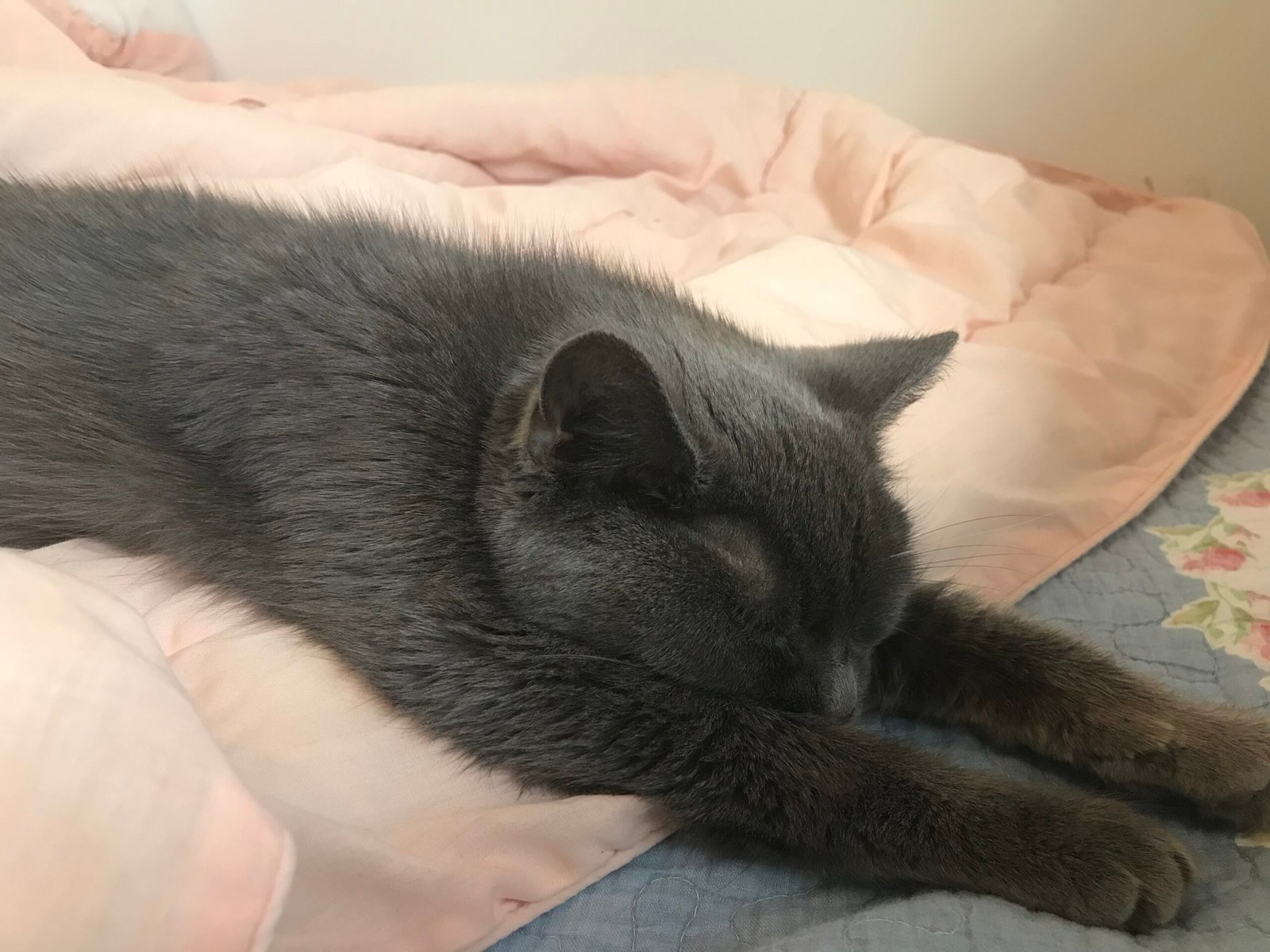
Older cats or those with health issues may choose rooms that are easier to access or more comfortable for their needs. Soft carpets, fewer stairs, or proximity to food and water can make a room especially appealing. These choices aren’t about preferences—they’re about practicality and comfort. As your cat ages, their favorite room may change to suit their evolving needs.
Social Preferences and Mood Swings

Cats, like people, have moods. Sometimes they crave company, other times they prefer solitude. Their favorite room becomes a reflection of their social preferences at any given moment. On days when they’re feeling shy or grumpy, retreating to their chosen sanctuary is the perfect way to recharge. It’s not a rejection—it’s just a matter of mood.
The Influence of Human Behavior

Believe it or not, your actions can impact your cat’s room choice. If you frequently disturb them, move their belongings, or introduce new smells, they may retreat to a more stable environment. Consistency and respect for their space go a long way in nurturing your bond. Sometimes, giving them space is the best way to strengthen your relationship.
Seasonal Changes and Shifting Preferences
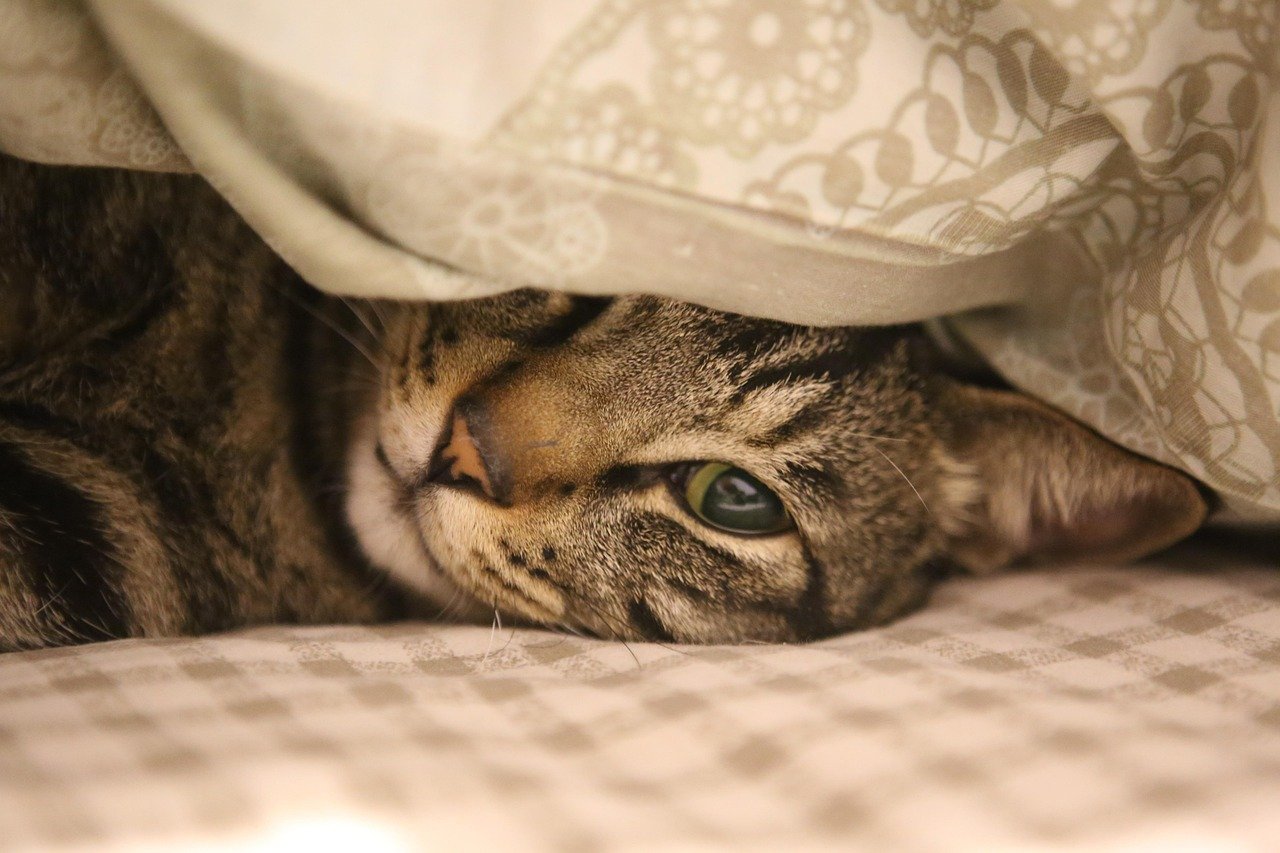
Cats are remarkably adaptable, and their favorite room can change with the seasons. In winter, they may gravitate to the warmest spot; in summer, the coolest. This flexibility shows that their preferences are about comfort, not loyalty. Paying attention to these shifts can help you anticipate their needs and keep them happy year-round.
The Irresistible Call of Solitude

At the end of the day, the biggest reason cats prefer their favorite room is simple: solitude. Cats are content in their own company, finding peace in quiet moments alone. While your affection and companionship matter, their need for personal space is hardwired. By respecting their choices, you show your love in the most feline way possible.
What This Means for Cat Lovers

Understanding why your cat prefers their favorite room doesn’t mean they love you any less. In fact, it’s a testament to their complex personalities and unique needs. Embrace their quirks, watch for subtle signs of affection, and treasure the moments when they choose to share their space with you. Isn’t it amazing how much we can learn from a creature who values their own company as much as ours?
Hi, I’m Bola, a passionate writer and creative strategist with a knack for crafting compelling content that educates, inspires, and connects. Over the years, I’ve honed my skills across various writing fields, including content creation, copywriting, online course development, and video scriptwriting.
When I’m not at my desk, you’ll find me exploring new ideas, reading books, or brainstorming creative ways to solve challenges. I believe that words have the power to transform, and I’m here to help you leverage that power for success.
Thanks for stopping by, Keep coming to this website to checkout new articles form me. You’d always love it!





